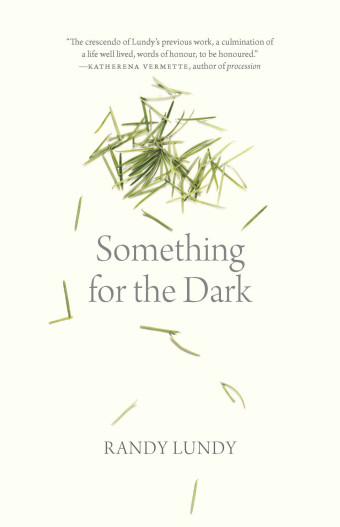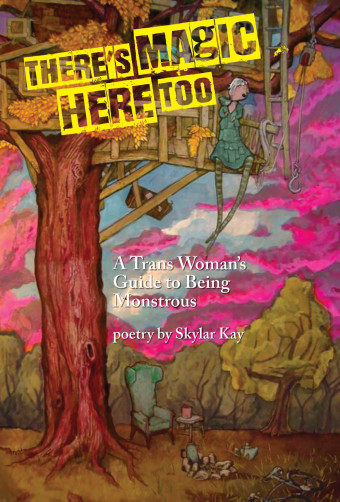Over the 40 years of his career, Winnipeg’s Dennis Cooley has been a professor of English at the University of Manitoba and a publisher/editor at Turnstone Press, among many other titles.
But the role he most identifies with is trickster poet.

- The Muse Sings
- Dennis Cooley
- At Bay Press
- $24.95 Hardcover, 168 pages
- ISBN: 978-19-88168-36-4
“I guess for me it means mischief,” Cooley says. “You hope for fortunate accident, the happy error. I suppose it involves a willingness to look foolish, to relish nonsense. I specialize in mock-indignation and parody. The trickster takes unseemly pleasure in rhymes and puns and wrenchings, provocation too.”
He learned to be playful from his mother Irene, whom he eulogized in a previous collection.
“She was a modest woman, and offended by frank sexuality, but she was always joking and teasing, loved to play in language,” Cooley says.
While Cooley retired in 2011, he hasn’t slowed down. 2020 will see the publication of The Muse Sings, his seventh book since leaving the university.
“I have fewer meetings, fewer reports, fewer papers to mark,” says Cooley. “I don’t miss that much. But I do miss the verve of the university. I lead a much quieter and more sedentary life these days. The good part is that I have a lot more time and energy for my own work.”
Cooley’s goals for his 30th book are simple.
“To please, delight,” says Cooley. “I am trying to see what I might make of the muse as literary trope. More generally I want to see where writing has taken us and where it might go.”

As a creative writing teacher, he is used to emphasizing craft over inspiration, but he knows it’s not that simple.
“However much we value the acquired and necessary virtues in poetry – skill, knowledge, research, revision, imitation, influence, practice – the old gifts of inspiration remain powerful,” says Cooley. “They are embodied traditionally, and through the collection, as the muse, who I treat with affection, humour, and gratitude.”
Though The Muse Sings contains a multitude of voices – the poet, the muse, and even the poems themselves – it also works with silence.
“The gentler, more meditative pieces contain a lot of silence,” Cooley says. “The broken, abbreviated, and hesitant lines convey silence, I think. Many of the poems are given to a comical bravado and self-mockery.”
Writing about writing is not all that different for Cooley from writing about other subjects. He believes that many, if not all poems, are meta-literary in some way.
“We are already written, and we engage in rewriting what is given to us,” Cooley says. “We recognize that language, writing, poetry are central to our experiences, generative, some would say. When you are a writer you are a writer among writers, you hold conversations with dozens of writers, many of whom you will have never read or ever heard.”
What better way to write about writing than to go straight to the heart of it, the muse?
“If you write about the muse, you are throwing yourself from the outset into the trope, and to the texts that have been written off and around it; you are into writing about writing from the start.”













